Welcome to Listening In on Pandemic Life, a new ten-part monthly blog series curated by CASE in which artists, scholars and designers offer short reflections on their sonic experiences across the past 18 months of living under the shadow of COVID-19. The pandemic continues to affect everyday life on a global scale. Our sonic, visual, emotional, political, and economic realities shifted dramatically in the early months of the closures, and are evolving tangibly as the months pass. Many acoustic ecologists, artists and researchers have already noted the changing features of local soundscapes as a result of pandemic measures: less noise, new soundmarks, and most of all a newfound significance in the daily rhythms of life. Our aim in this series is to extend beyond the initial reactions to the sonic effects of reduced global movement and consider the lingering effects of our new reality as the world opens back up while the virus continues to propagate. This is our contribution to growing conversations about soundscape ecology and sonic cultures in (post)-pandemic times.
In this fourth entry to the series, singer/composer/ethnomusicologist Shumaila Hemani takes us on a journey at sea from Canada to Karachi, navigating the detours of the Covid-19 pandemic with her ears as she deals with transitions between ocean life and returns to land. – Editors Milena Droumeva and Randolph Jordan
______________________________________________________
I opened the window of my cabin and stared into the expansive waters before me. Being at sea held such promises of a primordial journey, signifying leaving home, traveling in foreign lands, adapting to change, and returning after rebirth and renewal. But, I do not know when I will be able to return to Canada.
ṭiṛi pawanda ṭaareeyen jaḍahen ġaaṛha gulla, alo myaan
taḍahen milandaaseen
*
When crimson flowers will blossom on tree branches
That’s when we’ll meet
(Shaykh Ayaz)
On January 1st, 2020, I flew from Pearson airport early morning in Toronto to San Diego. The plane was delayed by a few hours, and I arrived around 1:00 p.m. just in time to board the World Odyssey. On this ship, I would teach three Ethnomusicology courses, including a course on Soundscapes, to undergraduate students from around the world. No one could have predicted then that this travel away from Canada would last more than a year and a half, and little did I realize then how the transition from sea to land during the pandemic would change the way I listened.
As we sailed from the Atlantic to the Pacific, we were in the sea for a few weeks before reaching Kobe, Japan, from Honolulu, Hawaii. The sound of the choppy waters prepared me for the extreme uncertainty that confronted me. Because of my Pakistani citizenship, I could not secure visas for nearly half the ports that we were scheduled to sail from. As a result, listening to the waves became part of my everyday morning routine at sea.
But, it took a while to get used to the sea when the tides ferociously howled during the night, rocking the cupboard doors and chairs in the cabin. In the morning, even moving from the bed to the bathroom required strengthening of our sea legs: that is, our ability to keep our balance and not feel seasick when on board a moving ship. The ship authorities advised us to keep at least one of our hands empty while walking inside the ship to catch the railing and keep balance if the rocking ship threw us off-guard. Sometimes it was the ocean storm at night that made the waves exceptionally high. I was living on the seventh deck and the waves never reached my cabin door, but watching sea shift from calm and expansive one day, to heavy swells generated by local winds the next, kept my ear anticipating what is coming around the corner.
I heard the word “COVID-19” for the first time in late January 2020. I was in Kobe, Japan, having lunch with faculty friends at a remote café located on a mountain close to a Buddhist shrine. An air trolley had taken us to this part of Kobe, and then we had hiked all the way there. After sailing for two weeks, this was my first day on the land, and I was already experiencing a sense of transition from the constant movement and circulation in the sea to finding my feet on solid ground. We were waiting for the lunch to arrive. Two people looked at their phones and said it together, “We are not going to China.” There was an outbreak of Coronavirus, and the voyage had detoured.
Experiencing the changing weather is central to life at sea, and only with time and practice does the body begin to get used to the erratic motion. When I stood in my classrooms, holding onto the rostrum while teaching, there were times I was about to fall sideways. But I never did; the sea legs are more robust than we think. The shaking sounds of the furniture and lamps were a constant accompaniment during our class discussions. Dealing with change, particularly changes in the itinerary as we sailed amid a pandemic, was the most important lesson. As the ship was rejected entry to a few ports, the ear became used to anxiety inside and around, heralding the unanticipated trajectories that this voyage would take.
I gradually learned to deal with the wave swells. The patches that I wore behind my ears prevented motion sickness, and the bands that I wore around my wrists—a gift from a life-long learner on board created the illusion that the ship is almost still when it was moving at its regular pace. I began to enjoy the calmness of the ocean and became one with the motion of the waves. COVID-19 took our ship, MV World Odyssey, on an unexpected route; from thirteen countries on our initial itinerary, we traveled to only five. And a day before we reached the port of Cape Town, the voyage suddenly ended due to the global health warnings from the World Health Organization on March 14th.
Two days later, I was in my house in Karachi. It felt like I had arrived at another port. I now transitioned from life in Canada and on the ship as a faculty to experience reverse culture shock in the lands of South Asia where I grew up. My ears helped in transitioning from one lockdown to another. I continued to hear the pandemic waves as I would the ocean waves, knowing not to what extent the next wave will churn in my belly and how much more resiliency will be required to keep going. From listening to the oceanic waves I transitioned to listening to the land and the local environment; my ears became locked in the rhythms of day and night and transitions of darkness to light. When I hear the call of the first dove call around 5:00 and then the call to prayer (azaan), I start feeling more awake to what the day will bring. Staying open and intuitively aware of the stillness and surprises that await, I strengthen my will as my mind continues to work remotely for Canada and connect with family and friends there. At the same time, my body adapts to the language and cultural etiquette of the here and now.
wari warandyoon koonjaṛyoon
hara-hara kare hulla, alo myaan
jaḍahen motiyun tulla, alo myaan
taḍahen milandaaseen
*
Once more, the cranes will return.
Filling the air with loud, echoing cries,
Becoming equal to pearls
That’s when we’ll meet.
(Shaykh Ayaz)
Author Bio:
Shumaila Hemani, Ph.D. in Music from the University of Alberta and Former Music Faculty, Semester at Sea, Spring 2020 voyage, is an Alberta-based Sufi singer-songwriter, acousmatic composer, sing-style poet, spoken word artist, and traditional performer. Her composition: Perils of Heavy Rainfall, received a Second Prize at the Listening In the Time of COVID contest by the Canadian Association of Sond Ecology (CASE). Hemani has performed at the FACTOR-funded International Women’s Day (2021) Femme Wave Festival (2019) and the World Odyssey (2020) and presented virtual showcases for the Alberta Musical Theatre’s A World of Stories (2020), CJSW’s A Drop and the Turning (2021), and the Starlite Spotlight Sessions (2021).
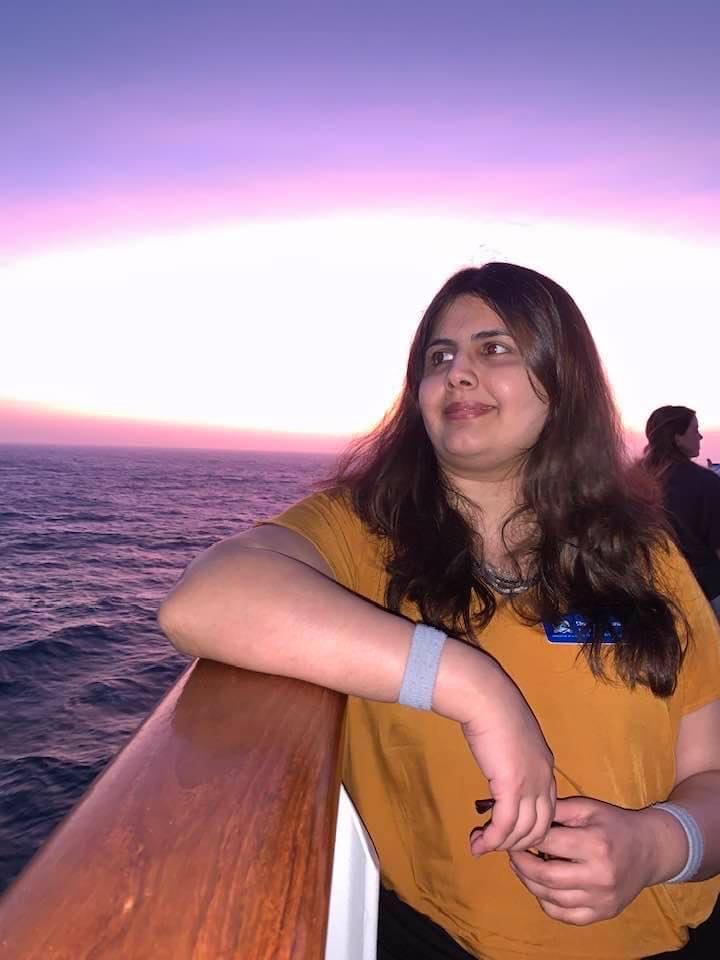

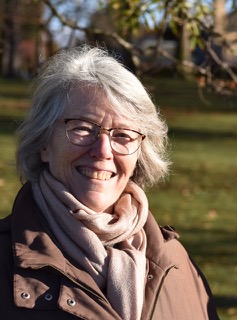
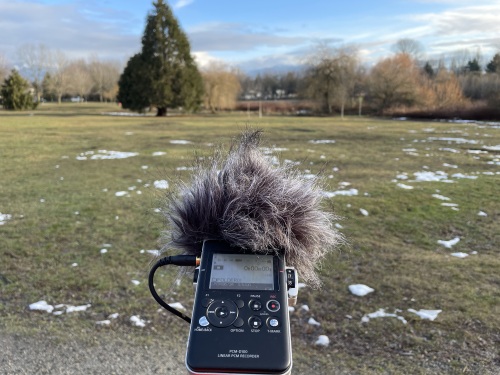


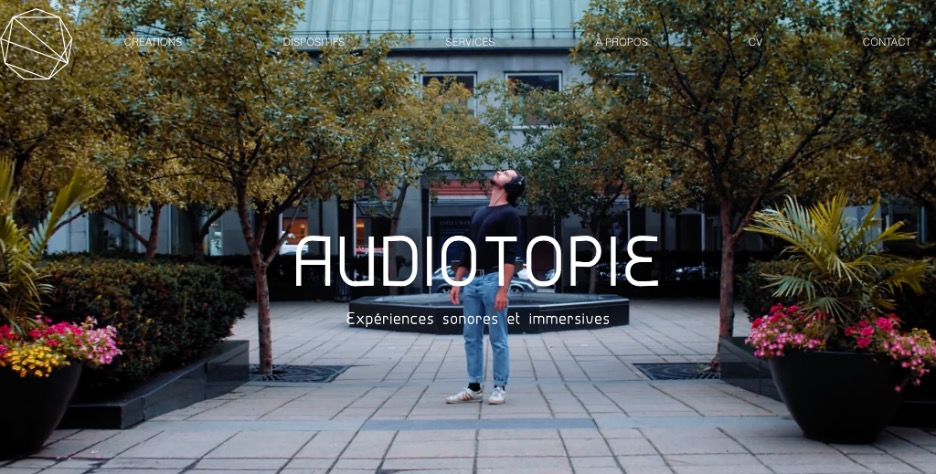
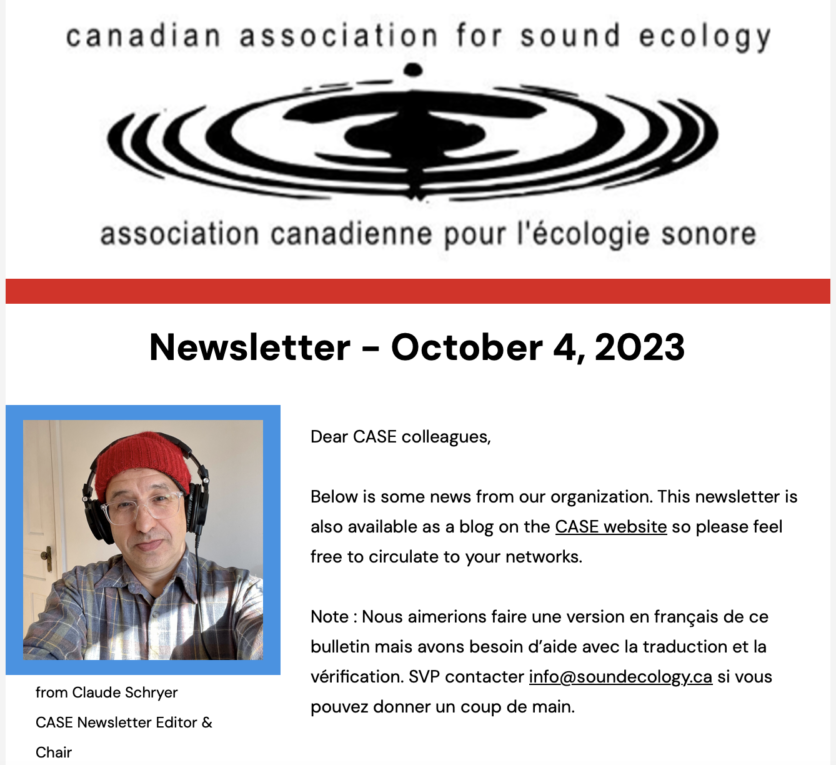
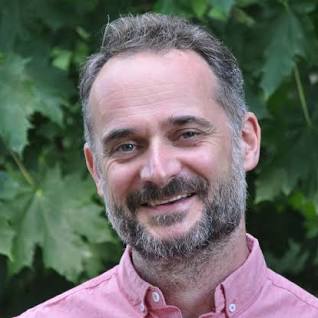
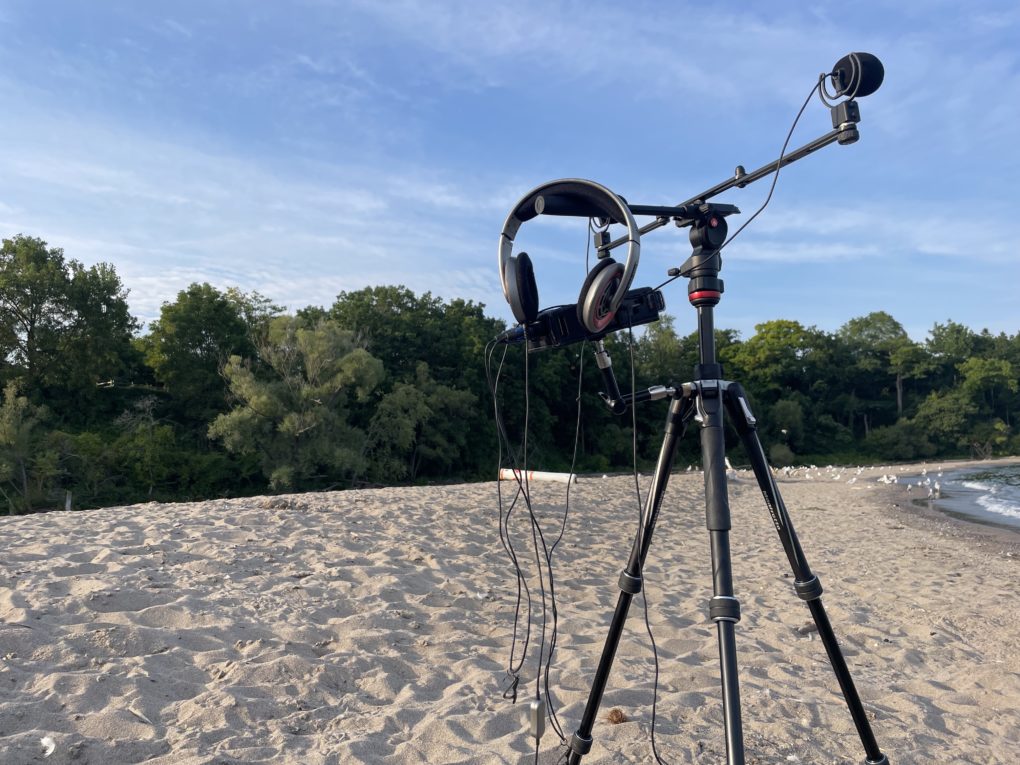
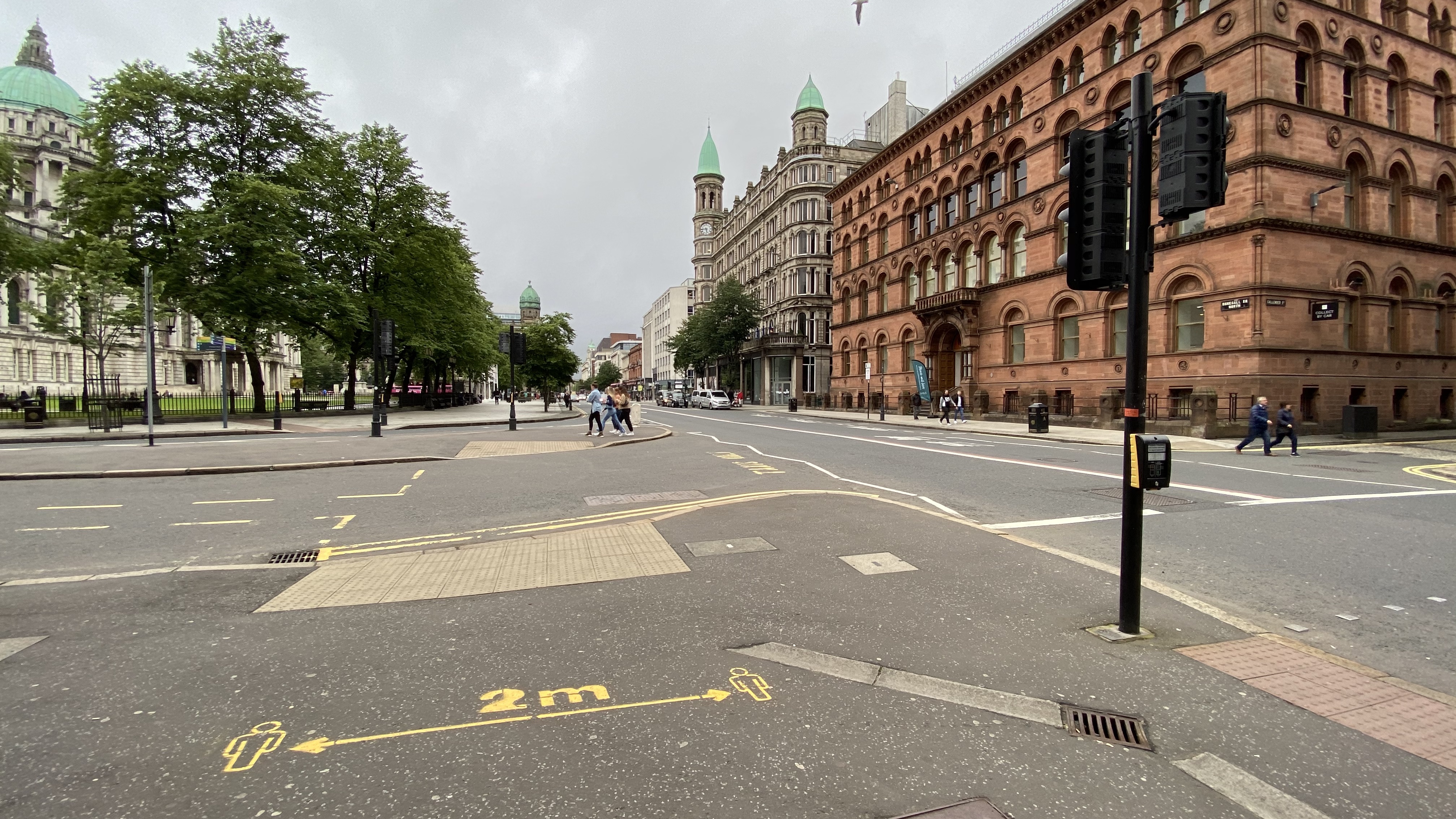
Leave a Reply